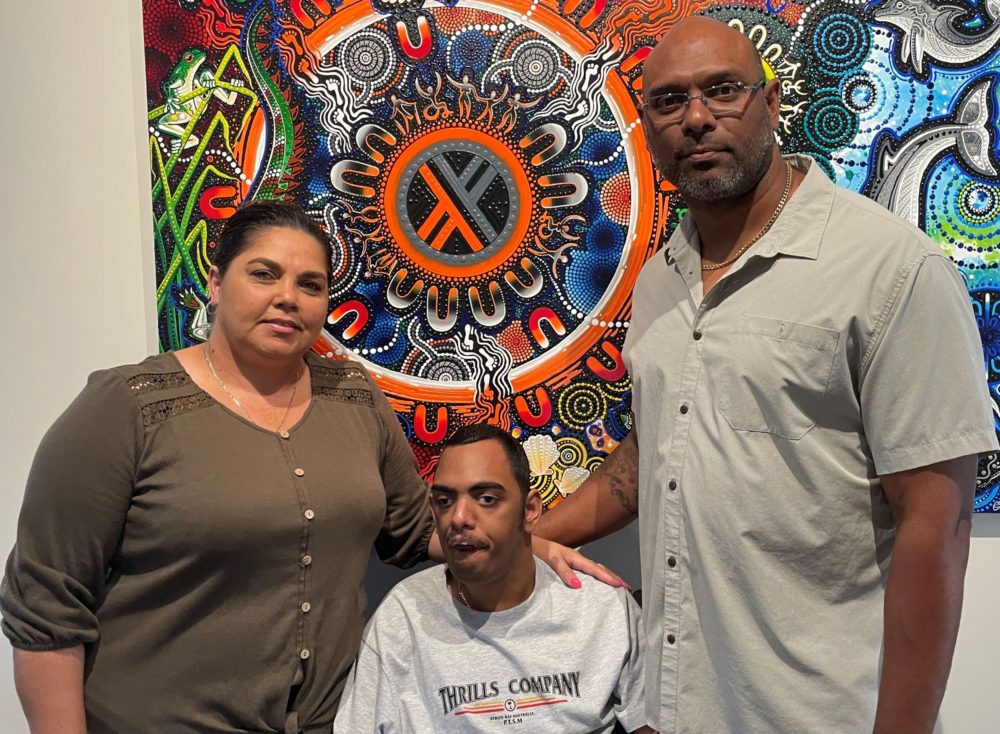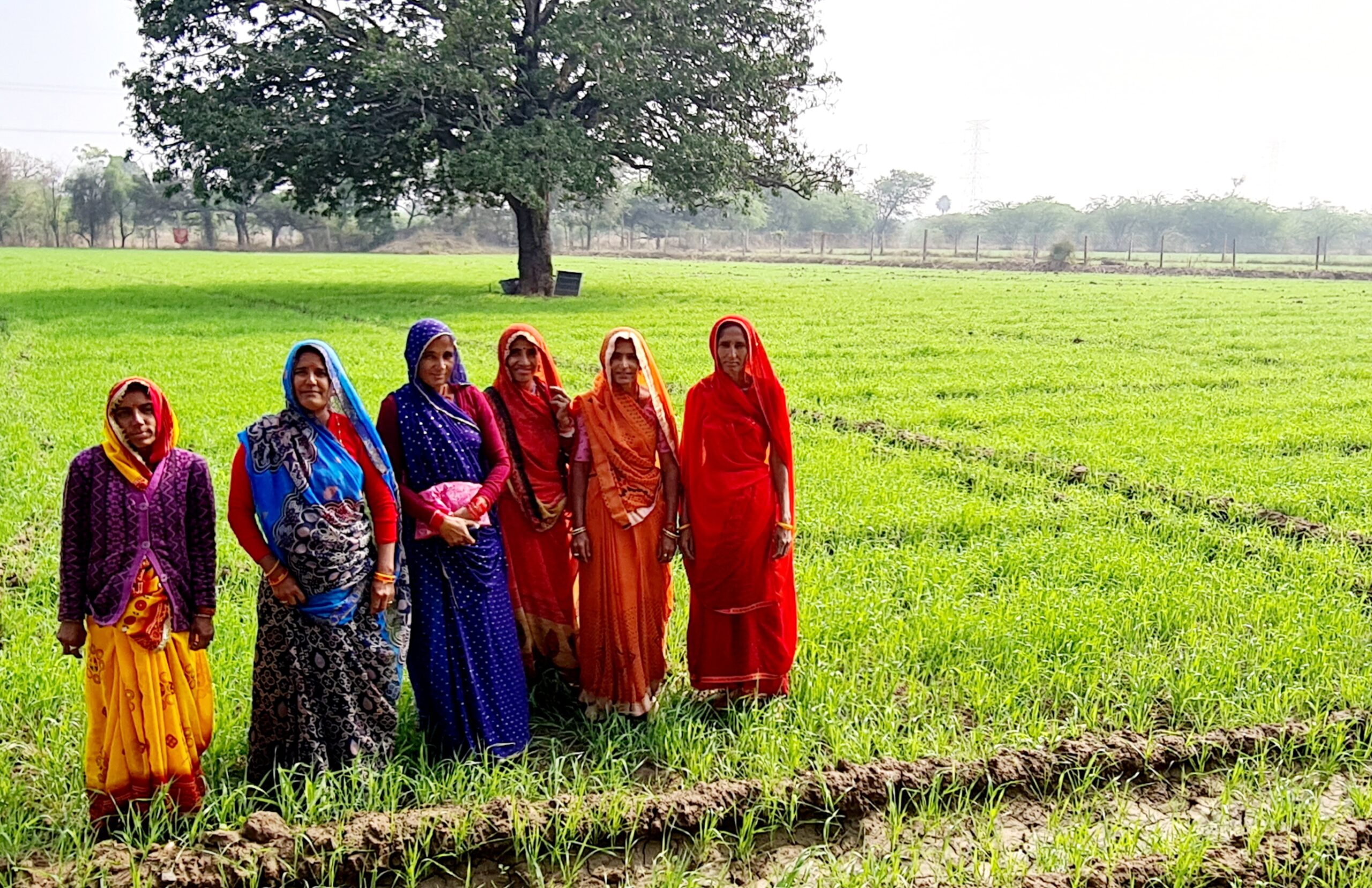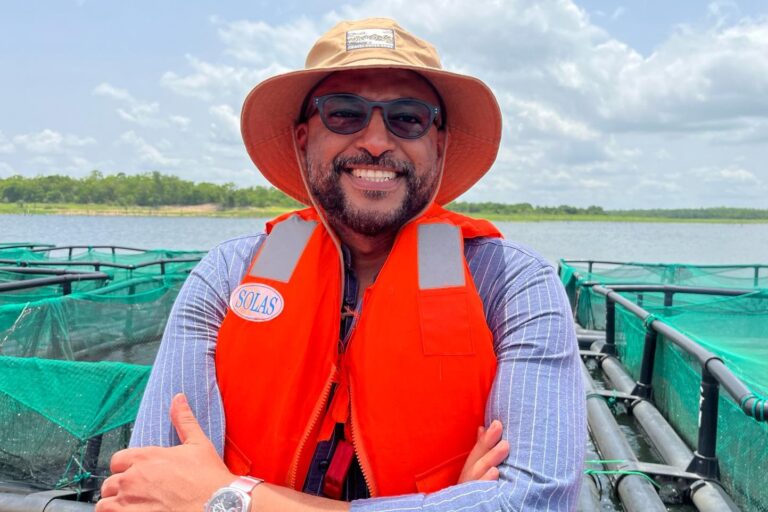By Neena Bhandari
Sydney, 14.07.2022 (Hireup News): Aboriginal and Torres Strait Islander people are less likely to have a self-managed NDIS plan than a plan-managed or an NDIA-managed plan, according to Indigenous disability providers. Self-management offers participants greater control over their funding and choice of supports and services. It allows the flexibility to purchase services and products from providers that are not NDIS registered, for example.
So, what is keeping Indigenous participants from availing this option? “The scheme is complex enough to navigate for most Aboriginal and Torres Strait Islander people, let alone the idea of managing the payment for services and budgeting for it,” says Shanelle Beazley, sector development coordinator at the Kurranulla Aboriginal Corporation in Jannali, NSW.
Of the 19,556 participants who received an NDIS plan during the most recently reported quarter, 9.1 per cent identified as Aboriginal or Torres Strait Islanders. Over the past two years, the proportion of participants who self-manage all or part of their plan has been stable at 30 per cent; those who use a plan manager has increased to 53 per cent; and those who have a fully NDIA-managed plan has decreased to 17 per cent.
Indigenous service providers say that a fair proportion of Aboriginal and Torres Strait Islander people are plan-managed and some have a mix of NDIA-managed with plan-managed. The agency is encouraging of the plan-management option because of the gaps in the service sector.
“Our community can self-manage, but it all comes down to participants and families knowing and understanding the plans, processes and procedures, which are still too difficult,” says William Tatipata, Managing Director of Xtremecare Australia, who identifies as both Aboriginal and Torres Strait Islander.
He says, “We’ve had only three participants on a self-managed plan out of 270 participants over a three-year period. The NDIA has put those three participants back on plan-managed because they had overspent and the expenditure was not commensurate with their funding headings.”
Xtremecare Australia was established by William and Marjorie Tatipata following the birth of their son with cerebral palsy. Tatipata says, “He has a severe respiratory condition, a portacath, and has to be PEG (percutaneous endoscopic gastrostomy) fed. I self-manage for our son, who is 22 now, only because we work in this space and we know how the scheme functions.”
Indigenous service providers say that Aboriginal and Torres Strait Island people need culturally responsive support to help them self-manage their plans, if they wish to do so.
Jake and Tareka Chatfield, Managing Directors of Koiop Connect say, “In our experience, Indigenous people don’t have a lot of say in their NDIS plan or in choosing plan managers, service providers and support workers. Many people don’t know that self-management of the plan is even an option. There is a need for greater input and support from planners and Local Area Coordinators.”
In regional, remote and rural areas, participants and families need better access to information, resources and training – in budgeting, book-keeping, and linking their NDIS account to MyGov to submit payment requests, for example – if they are to have a self-managed plan. This is according to Joseph Archibald, Manager of Aboriginal Service Development at Windaan, who highlights historical trauma as another factor impacting how Indigenous people engage with the scheme.
“There is still uncertainty and confusion around the NDIS,” says Archibald. “This can create anxiety among Indigenous people to ask for services and supports because of the historical experience with government services. They fear that if they ask, the service or support will be taken away from them or if they opt for a self-managed plan, they will be left alone to navigate the system. They worry about what if they get it wrong? Will they be in trouble? Will they be stuck with it even if they don’t like it?”
Windaan has a 30:70 split for NDIA-managed and plan-managed, but none of the NDIS participants they support are self-managed. However, some in the community are becoming more confident in how to navigate the scheme. “We are finding that families who have been in the NDIS for a number of years are now having the courage to ask more questions and look at the self-managed plan option,” says Archibald.
© Copyright Neena Bhandari. All rights reserved. Republication, copying or using information from neenabhandari.com content is expressly prohibited without the permission of the writer and the media outlet syndicating or publishing the article.



